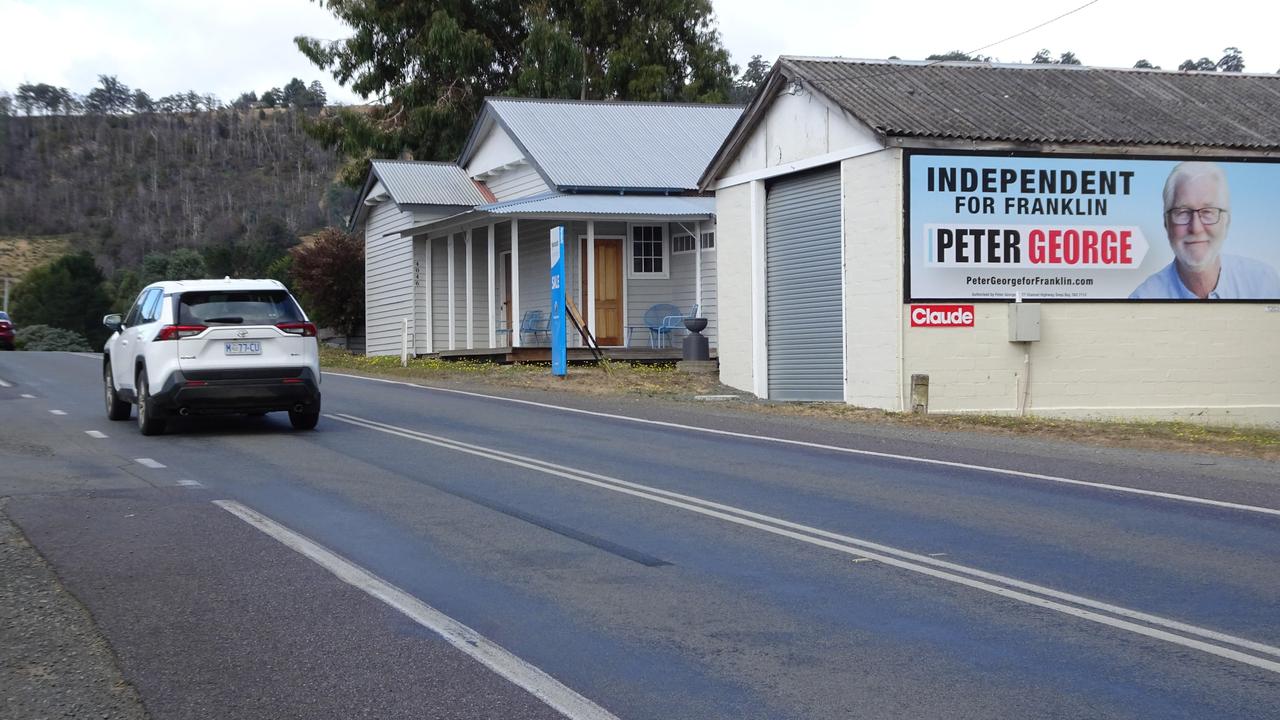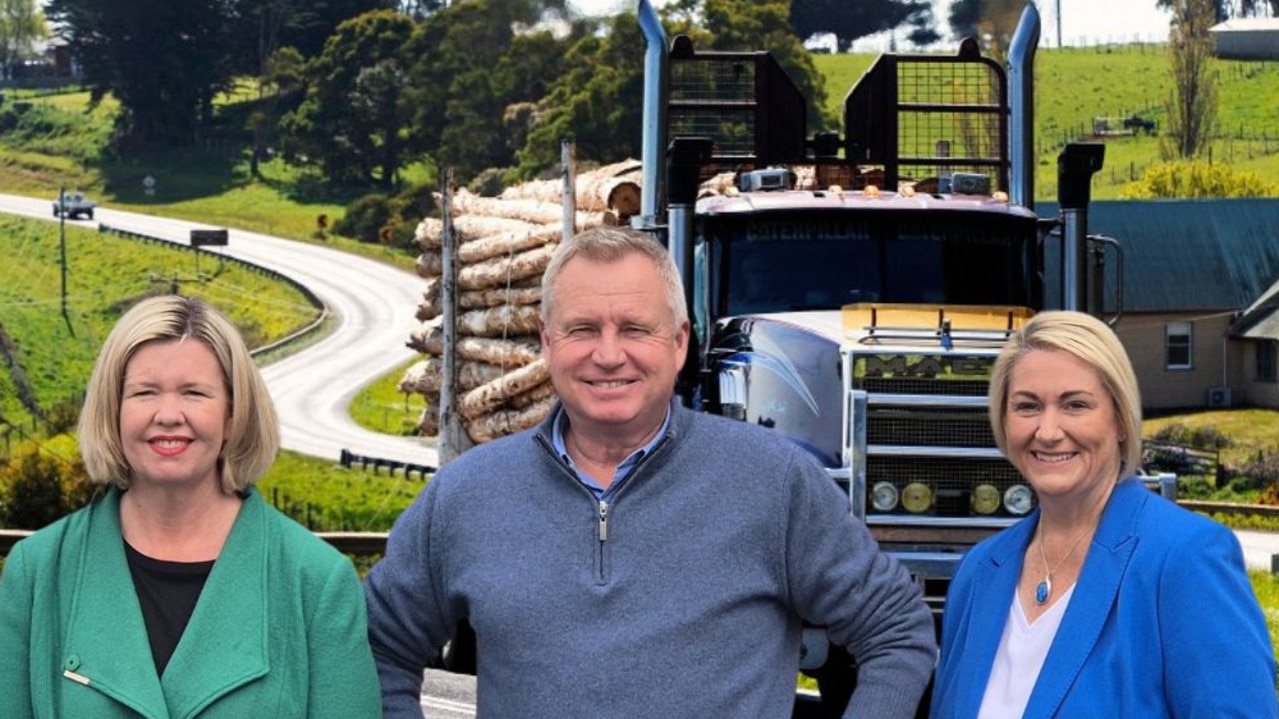Former TT-Line chair lashes govt over Spirit of Tasmania ferries project
The former TT-Line chairman has lashed the state government for it’s ‘appalling lack of support’ while the company worked to deliver two new Spirit of Tasmania ferries. The latest >>
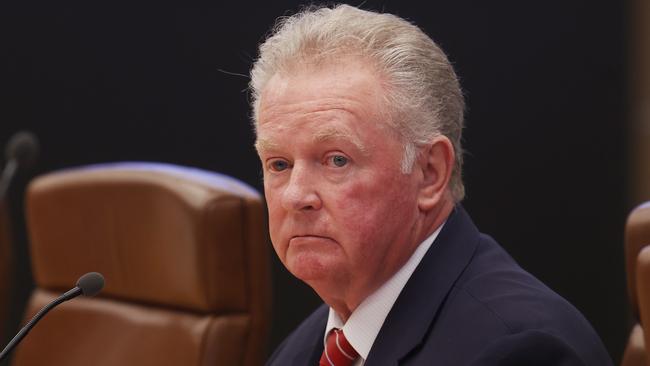
Politics
Don't miss out on the headlines from Politics. Followed categories will be added to My News.
The former TT-Line chairman says the government showed an “appalling lack of support” for the company’s efforts to deliver two new Bass Strait ferries.
Michael Grainger has appeared before the Public Accounts Committee inquiry into the new Spirit of Tasmanian ferries in Hobart.
The two vessels are the biggest infrastructure project in the state’s history at a cost of around a billion dollars.
Their on-time delivery has been marred by delays, cost overruns and problems with berths in Devonport.
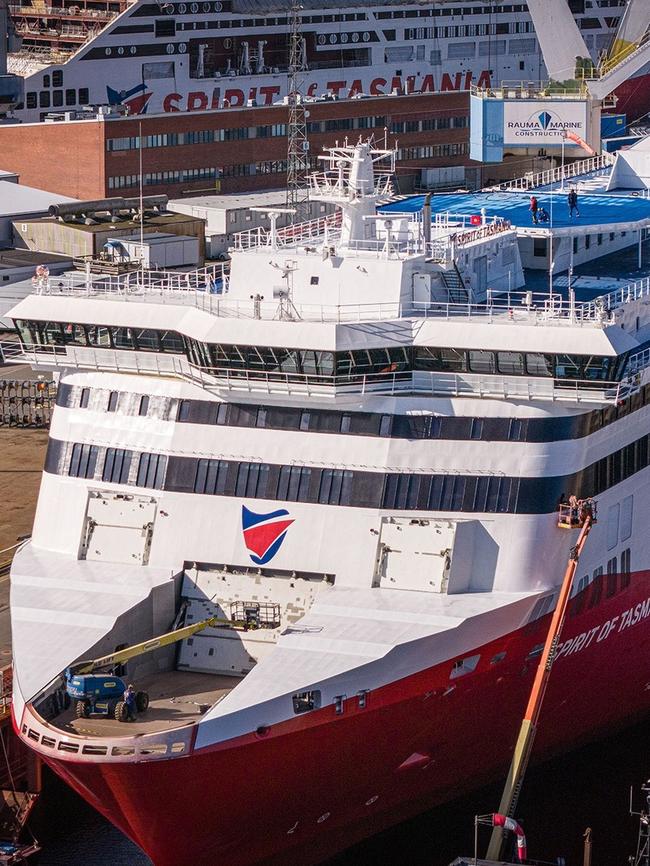
Mr Grainger says he continually updated the government about issues with Finnish shipbuilder RMC which ended in a $80m over-contract payment to secure the vessels completion.
“I worked with six premiers and 10 government ministers from both sides of parliament, and have never witnessed such an appalling lack of support from government as experienced over the previous 12 months,” he told the Committee.
Mr Grainger gave evidence about when he informed the government about issues with the ferries.
He says he first told Infrastructure Minister Michael Ferguson RMC’s was in financial trouble in October last year and of their need for additional funds on January 17 this year.
Mr Ferguson told parliament he only found out the nature of the problems after the election was called on February 14.
The public was told of the $80m additional payment after the state March 23 election.
The former chairman said TT-Line’s efforts to upgrade berths in Devonport had been thwarted because it was being blocked from access by TasPorts.
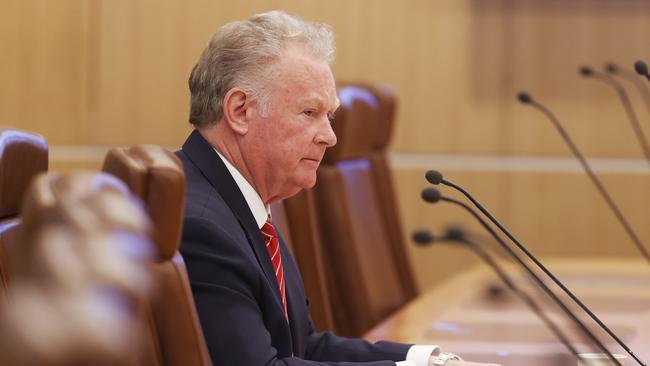
“We made it clear to our shareholder Minister back in 2022 that we remain sceptical of the ability to complete our requirements due to the lack of support from TasPorts,” he said.
“During each ministerial briefing, which always followed each board meeting, the minister was advised that the situation with Devonport berth and TasPorts.
“At one stage I said - and the CEO and the CFO were in this meeting - I said to Minister Ferguson, I think it was November or December last year, certainly before caretaker mode, I said ‘Minister, our single biggest risk in this whole project is TasPorts and berth three and at this stage we’ll be bringing both ships into Hobart and anchoring them in the Derwent’.
“Minister Ferguson replied that I needed to learn to play in the sandpit with TasPorts.
Mr Grainger said TT-Line was a ferry operator, not a port builder and contrasted the smooth construction of port facilities in Geelong with the fiasco at Devonport.
“Whether it’s TT-Line, whether it’s the Port of Burnie, whether it’s the Antarctic Division, Tasports has some form and we’ve learned the hard way,” he said.
”I think we expected the relationship and the project to be far more stable than what it turned out to be.”
Mr Grainger said he was surprised when the government demanded he resign as chairman in August.
“It seems bizarre to me that I was being blamed by the shareholder ministers for wanting to tell the truth,” he said.
“What the premier stated in his press release earlier in the day regarding the blame game was contradictory, in my opinion, as I was obviously being blamed for wishing to set the record straight at the risk of embarrassing the government.”
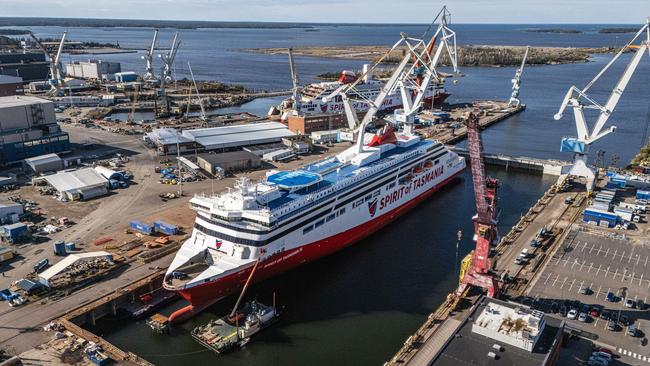
And Mr Grainger said an attempt by the government to increase the amount of Australian content had been “a total waste of time and money”.
“The government established a task force to investigate options for Tasmanian and Australian businesses to have a greater role in the construction of new vessels,” he said.
“I voiced my serious concerns to the former Premier based on my global maritime experience, and suggested the task the task force would not achieve anything over and above what we already knew.
Mr Grainger said the taskforce achieved nothing and the contract price went up in the meantime.
“The government made the decision to stop the project, and it cost us, the taxpayer, approximately $40m Australian,” he said,




